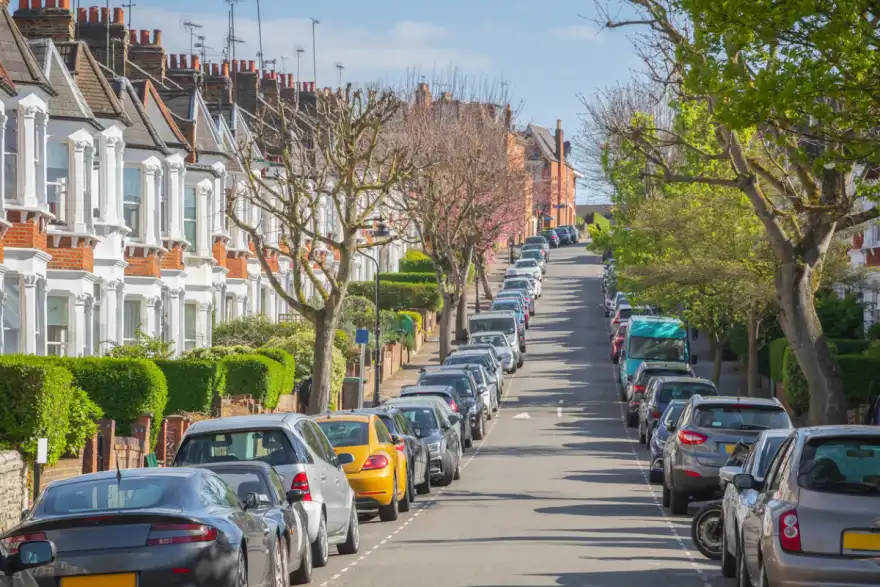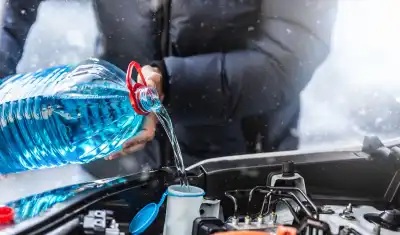
In the UK, more drivers are ditching the idea of upgrading their cars and holding onto their older vehicles instead.
Despite a 6% rise in total new car sales this year, sales to private buyers have dropped nearly 12%, according to the Society of Motor Manufacturers and Traders. Out of the 34 million cars on UK roads, almost half—16 million—are over a decade old, and 10.5 million of those are at least 12 years old.
Philip Nothard, insight director at Cox Automotive, points to rising costs as why drivers are sticking with older cars. Over the last 15 years, the average price of a new car has jumped 129%, from £22,868 to £52,342—far outpacing inflation. Diesel models are now 149% pricier than they were in 2009, and petrol cars cost 93% more.
Though it’s not just the prices, says Nothard. “At the same time, the new car parc has changed dramatically. There are 88% fewer diesel models to choose from today and 63% fewer petrol models. EV growth is understandably off the chart but of specific note is the average price of an EV today compared with its ICE counterpart: £62,000 versus £45,000 for petrol and £58,000 for diesel.”
He added, “For many car buyers, the cost to change from their old car to a new one and the change in the product line-up – there are fewer small cars, for example – is a shock when they come to upgrade their current car.”
With more drivers holding onto older vehicles, warranty companies and independent garages are seeing a surge in business.
Jim Murray Jones, chief marketing officer at MotorEasy, says his company is seeing more customers with cars aged 8 to 10 years looking for warranty protection. “We’ve noticed a higher volume of customers with older vehicles seeking warranty protection for them,” he said.
“Previously, the greatest demand was cover for cars aged from four to six years but now we’re seeing this demand extend to eight years and even 10.”
Get 6 months free warranty with MotorEasy here.
Independent garages are also busier than ever, as owners of older cars often prefer them over dealer networks for maintenance and repairs.
While keeping an older car may seem like a smart way to save money, experts warn that cutting corners on maintenance can backfire. The AA reports a spike in breakdowns, with patrols responding to over 500,000 more callouts this year compared to 2022.
Cutting back on vehicle maintenance can prove a false economy and compromise safety.” a spokesperson for The AA warns.
Dealers are also finding it tricky to handle the influx of older part-exchange cars. Alex Wright, managing director of Shoreham Vehicle Auctions, says it’s harder than ever to strike the right balance.
He said, “I have never seen the part-exchange market as divided. Ignore the test drive and dealers risk a repair bill that could equal the value of the car.”
For drivers, holding onto an older car might seem like a money-saver, but skipping on maintenance or repairs could be risky. And for the industry, the shift toward ageing cars is reshaping who wins and who loses in the market.




